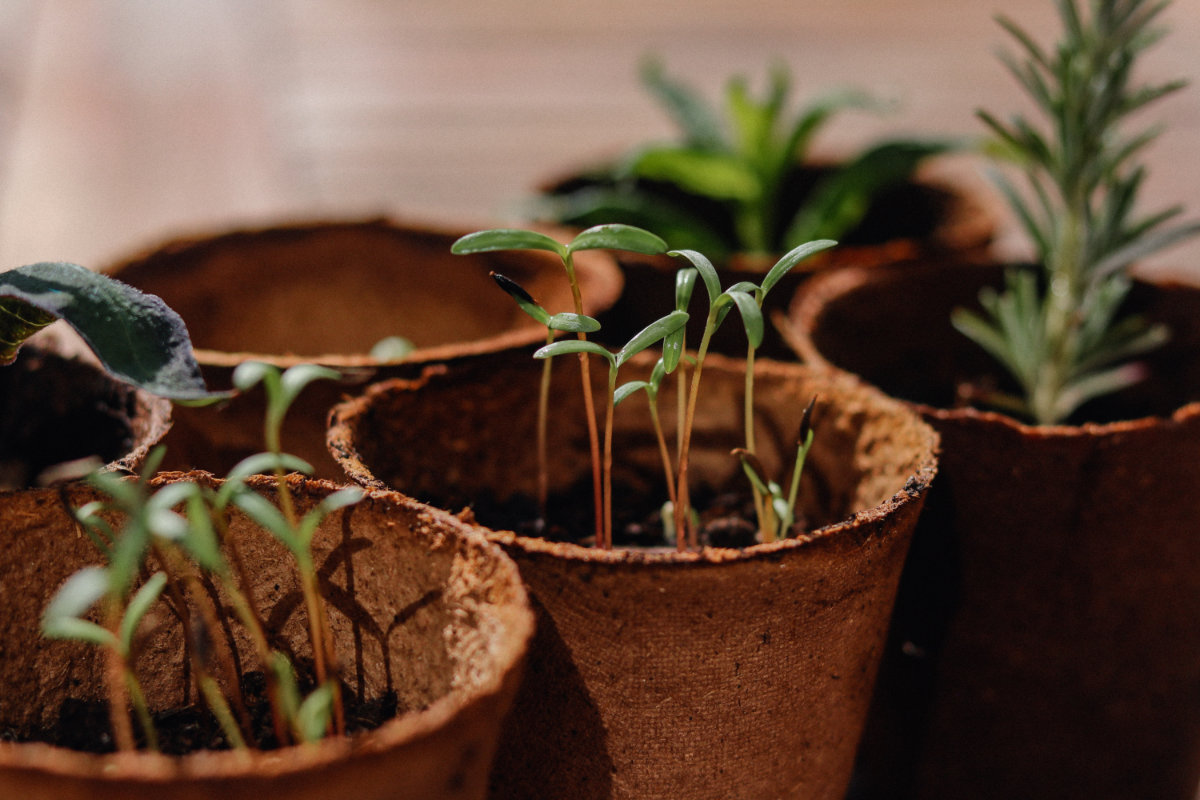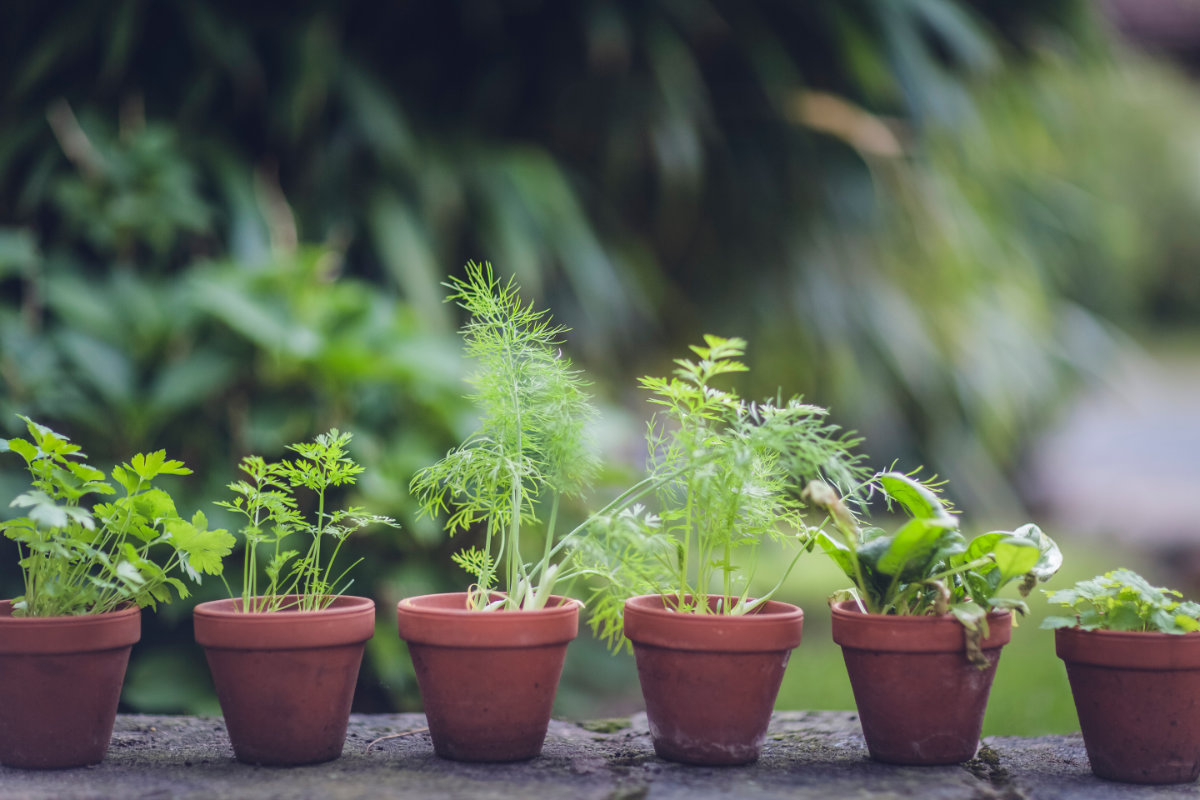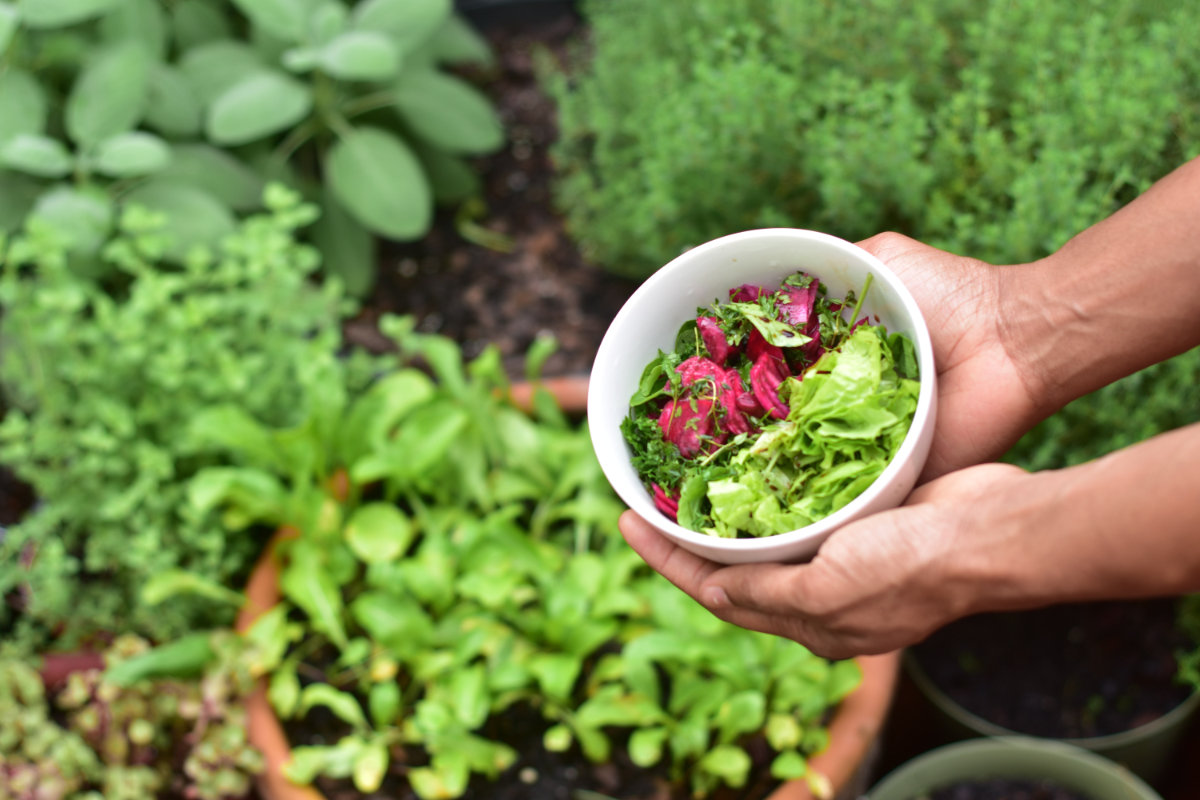How To: Indoor Organic Gardening


Working on organic herbal gardening inside a building is a great way to provide your family with fresh produce and also with beautiful greenery.
In fact the sweet-smelling herbs not only look and smell good; they are also great for adding flavor to your cooking.
Organic herbal gardening indoors has the benefit of being year-round, giving a nonstop supply of fresh herbs.
An indoor organic herb garden can be as minute as a few pots on a windowpane sill or as big as a conservatory full of containers of perfumed organic herbs. Regarding the herbs that you can use, most of the varieties that you can grow outdoors are also good indoors.
There are many themes around which to plan indoor organic herbal gardening, and of course you can combine these. Here is an example. If you like Italian herbs, go for rosemary, chives, capers, oregano, fennel and basil. Burnished earthen pots will make your garden look authentically Italian.
If on the other hand you are a fan of French and Provencal aromas plant lots of parsley, sage, lemon basil, marjoram. Another important consideration for your organic herbal gardening plan is the kind of containers that you will employ.
You will want to choose pots according to the specific herbs you intend to grow, as some are not suitable for small pots. First and foremost, those minuscule herb peat pots sold in discount stores give the wrong idea. These are for saplings, and your indoor organic herbal gardening efforts will go nowhere with such small thinking.
Container size is important, so begin with those that are a bit larger than those in which the live nursery plants were purchased. This will give your plants room to start growing. Once your herbs are stabilized and growing well, transplant them into larger containers. This is important to ensure growth and so that nutrients make it from the soil into the plant.
Of course, organic herbal gardening indoors calls for using organic soil. Your soil should have a pH of about 7, as herbs prefer a more alkaline soil. If yours is too acid, you can add some calcified seaweed. Make sure that only organic fertilizers make it into your soil. In many cases, indoors organic herbal gardening will need lighting. This is especially important for year-round indoor gardens, especially if your growing area is not sunny.
Dissimilar plants have diverse light requirements, some need bright sun and others want shade. Most herbs grow better in full sun, but there are exceptions, so learn what each of your herbs needs. Depending on your circumstances, you may want to acquire some purpose-made electric grow lights.
You will find that indoors organic herbal gardening is both useful and pleasant. Herbs are generally easy to grow, and require little safeguarding. Simply give them the right food, water, and sunlight, and you will have lots to cook with.


